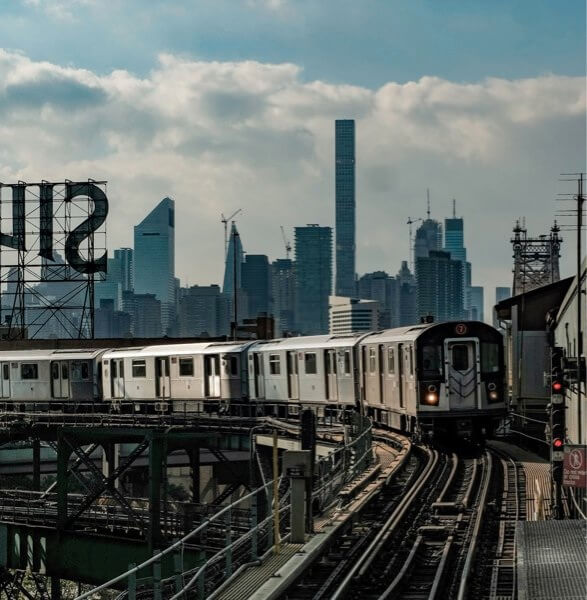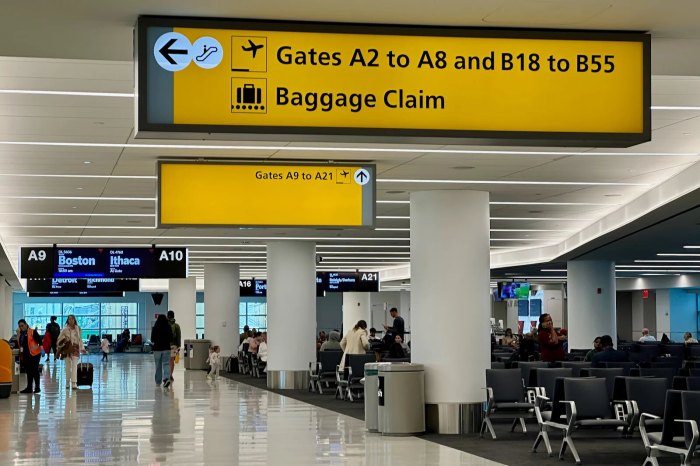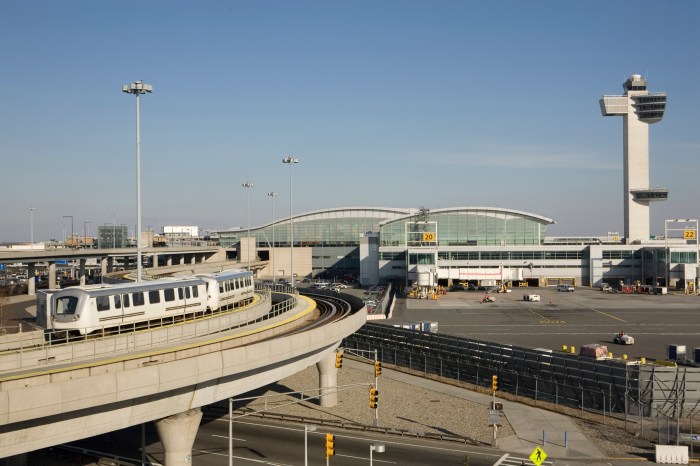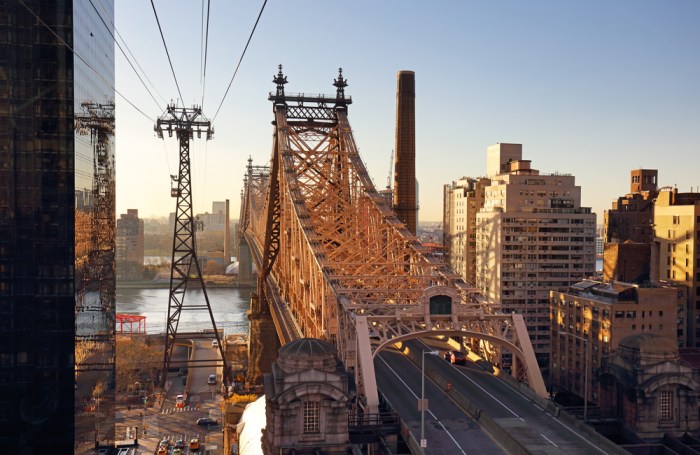By Mark Hallum
The MTA and the Riders Alliance are sparring over a report released Sunday that showed delays were experienced by straphangers every day somewhere within the system during the month of August except for Aug. 23.
While Riders Alliance Executive Director John Raskin said it was a sign that the city’s transit system was well overdue for an overhaul funded by congestion pricing, the MTA claimed the methodology for the report offers little context and ignores improvements they agency has recently made.
“When the entire month of August has only one morning rush without signal delays, that’s a blinking red light that it’s past time to modernize our subway system. Every one of those signal malfunctions throws thousands of people’s daily lives into chaos,” Raskin said. “In a functional transit system, that would be a rare event that merits an apology. In 2018 New York, it has become routine.”
New York City Transit President Andy Byford unveiled the Fast Forward plan in May to bring the most critical parts of the subway system into the 21st century in just five to 10 years as opposed to the previously projected 40 years.
“The days of stop-gap measures have to be over. It’s time for Gov. Cuomo and members of the state legislature to pass congestion pricing and fund the MTA’s Fast Forward plan, so we can rebuild the transit system and end the pain for millions of New Yorkers who rely on it every day,” Raskin added.
The $19 billion Fast Forward plan will close stations overnight and temporarily inconvenience millions of riders for the sake of completing a full installation of communication-based Train Control to replace the century-old analog signals across multiple lines.
The MTA’s Jon Weinstein fired back at the report which showed that 23 morning rush hours were delayed by signal issues, among other setbacks, with the D and R trains being tied for the worst at about 16 each.
“The system has stabilized over the last year thanks to intensive investment and maintenance associated with the Subway Action Plan which is exactly what it was designed to do. We’ve also launched a new initiative to eliminate 10,000 subway delays a month which is already paying dividends. The complete modernization of New York City Transit, in particular the upgrading of our signal system, is essential to providing safe and reliable subway service, which is why a predictable, sustainable source of funding is vital to making the full Fast Forward plan a reality,” Weinstein said. “This oversimplification ignores the incredible progress we’ve made under the Subway Action Plan that stopped a steep decline in service and resulted in a series vital improvements. This appears to be more of a stunt than an actual serious look at service.”
The N train, which runs through Astoria and Long Island City, had the third most delays, with eight attributed to signals and seven to mechanical issues, according to the Riders Alliance.
While a majority of the delays were attributed to the century signal technology, other issues stemmed from sick passengers and two occasions where an investigation had to be conducted as to why the emergency brakes had been triggered on B and Q trains.
“New Yorkers are suffering daily because of frequent meltdowns to the trains and buses they depend on to get to work, school, doctor’s appointments, and wherever else they need to go,” Tabitha Decker, Deputy Executive Director of TransitCenter, said. “Elected officials, especially Governor Cuomo, who runs the MTA, shouldn’t continue to leave New Yorkers stuck on the platform waiting for a serious commitment to turn the system around. New York City Transit’s Fast Forward plan is the fix that our ailing transit system needs and the governor should take swift action to secure the funding needed to enact that plan.”
Reach reporter Mark Hallum by e-mail at mhall


































